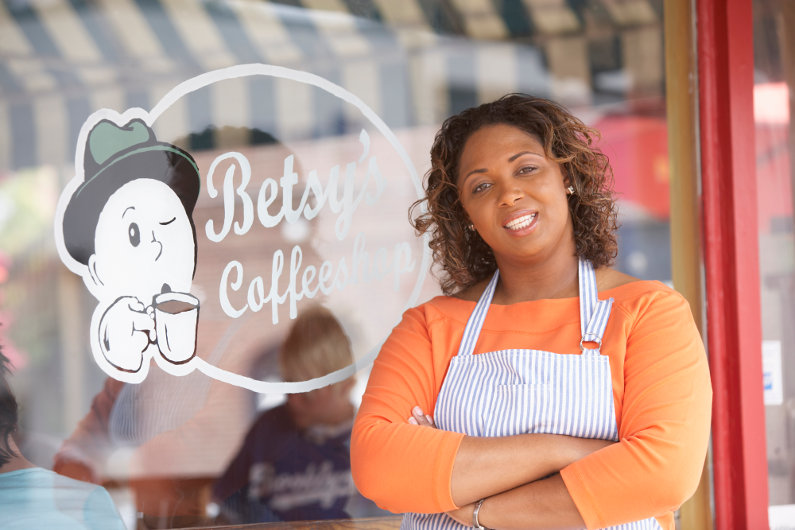You’d be forgiven for thinking that a new enterprise has little chance of competing against a large, established organization. True, existing conglomerates have the upper hand in terms of budget, resources, and manpower. Yet there are many benefits to being a small venture, and indeed these can provide a great competitive edge for small and independent businesses launching into the market.
From commercial aspects such as focused marketing spend to greater agility and authenticity, here are some of the characteristics small brands can bolster to compete against bigger companies.

Clean Slate Brands
Today’s consumer is more aware of brand ethics than ever before; increasingly customers demand to know the working process of the companies they buy from — do they trade fairly? Who do they employ? What’s their stance on equality in the workplace?
Indeed, for established brands — who were founded when corporate social responsibility wasn’t high on the agenda — it can be an uphill struggle to amend their business style to fit the demands of today’s consumer. Take, for instance, Nestle: historically there’s been a great deal of controversy around Nestlé’s practices, resulting in a lack of trust from consumers. If Nestle were to launch a new product into the market tomorrow, it would be tarnished by shoppers’ somewhat negative view of its mother brand. However, new startups benefit from having a clean slate to work from — hence the industry terming them ‘Clean Slate Brands’. These new companies needn’t ask for permission to sell anything, nor battle any pre-existing perceptions.
Consumers want authenticity: small brands have it
Building on consumer desire for ethical values, another characteristic the shopper of today wants to buy into is authenticity. Coffee that portrays an evocative provenance, an app that’s been built in someone’s garage — these brands do well because they feel real and human.
Authenticity is much more plausible for a small brand to convey versus a giant corporation. Consumers are astute and can see through bogus marketing campaigns from craft beers owned, in fact, by global brewers. They choose instead to invest in independent businesses, as these feel more relevant to them.

Digital marketing creates a new, level, playing field
Before digital marketing, in order to advertise alongside the world’s largest brands, you would have needed a big budget for advertising spend. However, today you simply need a smartphone and an Instagram account.
The introduction of social media marketing, in particular, has leveled the playing field, and a brand with only three employees can appear on the same ‘news feed’ as, say, Coca-Cola. Indeed, smaller brands are generally more agile and able to adapt their marketing message to respond to new trends and cultural events — in a marketing move called responsive advertising.
Where you should always invest though, is in your website and e-commerce design. Partner with an agency such as Eventige who offer both design and marketing expertise.
Small brands — use your size to your advantage!
If you’re an owner of a small, independent brand, make sure you’re using your size as your competitive edge. Use your youth to portray the authenticity and values that consumers desire today, and share this message across your digital presence. In today’s marketing world, David often beats Goliath.


